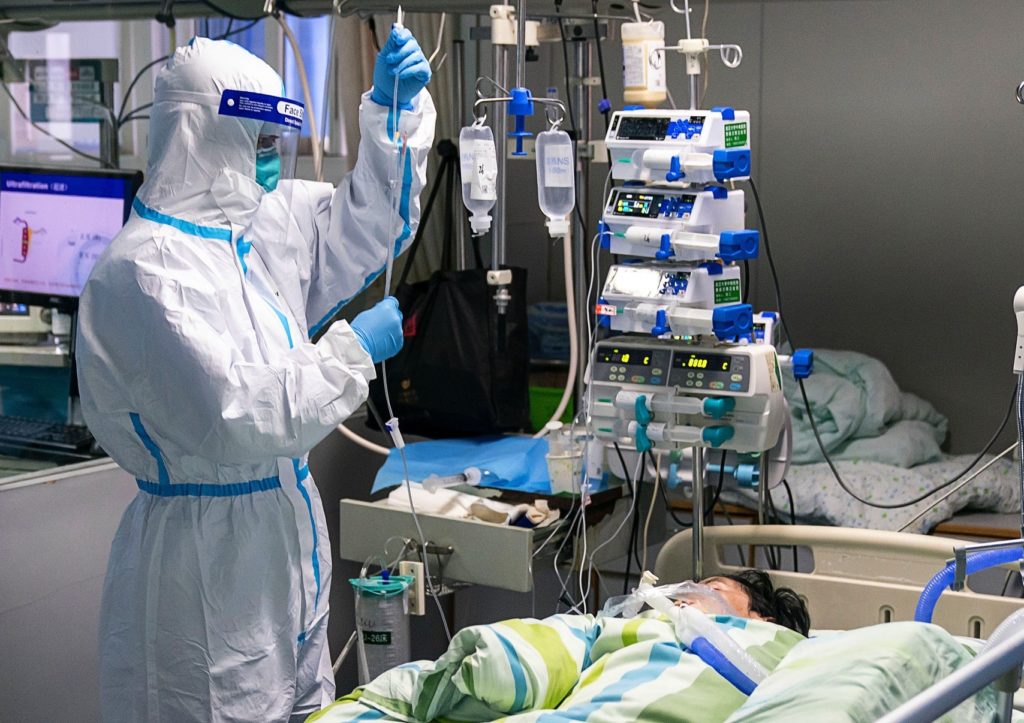The new coronavirus (Covid-19) not only affects patients' lungs, but can cause dangerous blood clots as well, research shows.
"We did not expect this in the beginning," said Geert Meyfroidt, an intensivist at the university hospital in Leuven on Radio 1 on Monday, adding that the new findings will be used to better treat patients.
Worldwide, autopsy reports show that 30 to 40% of coronavirus victims died from blood clots, according to Meyfroidt. "With an autopsy, we see not only the image of viral pneumonia, but also clots in small arteries," he said. "They are mainly in the lungs and in the arteries to the lungs. As a result, the right side of our heart, which has to irrigate the lungs, also has a hard time," Meyfroidt added.
38% of coronavirus patients in an intensive care unit in a Dutch hospital had blood that clotted abnormally, according to a Dutch study, and in the United States, doctors speak of 20 to 40% of patients.
It not only concerns large clots, which can be very dangerous and can cause immediate problems, but also small clots in very small blood vessels. "People who are at risk of having blood clots are people who are overweight, have diabetes or cardiovascular disease. We think that is why there are so many people in intensive care with the virus, who also have those other conditions," he said.
However, these findings come from autopsies, in other words, the most severe cases as they resulted in death, according to Meyfroidt, who added that it is unclear if the blood is also affected when the patient only shows mild symptoms. "I have not seen studies where they took a lung biopsy of someone who survived. Of course, that's a dangerous procedure," he said.
Related News
- 'Two parallel epidemics': why number of new patients is not dropping
- Contact tracing will start as soon as possible
- Coronavirus: 113 new deaths, 127 hospital admissions in Belgium
"Usually, both the lung vesicles and the blood are affected by the coronavirus. But in the beginning, we only expected affected lung vesicles, as with classic viral pneumonia," Meyfroidt said. "We did not expect to see such spectacular clotting in the blood, to such an extent," he added.
"However, we now know that Covid-19 patients run this risk," said Pieter Depuydt, coordinator intensive care at the university hospital in Ghent to Het Nieuwsblad. "So we're prepared and already give an increased dose of blood thinners to prevent clots," he added.
It is a possibility that the pressure on the respirators is too high, Meyfroidt said, after taking into account these new findings, adding that the intensive care is trying to deal with patients differently now.
The scientists researching on the virus, both nationally and internationally, are sharing their findings with each other very quickly, according to Meyfroidt. "In many ways, it will be the fastest studied disease ever. We cannot do everything at the same time in one centre, so we have to prioritise and work together. It is nice to see how we can do that. A lot of projects have already been set up," he added.
Maïthé Chini
The Brussels Times

